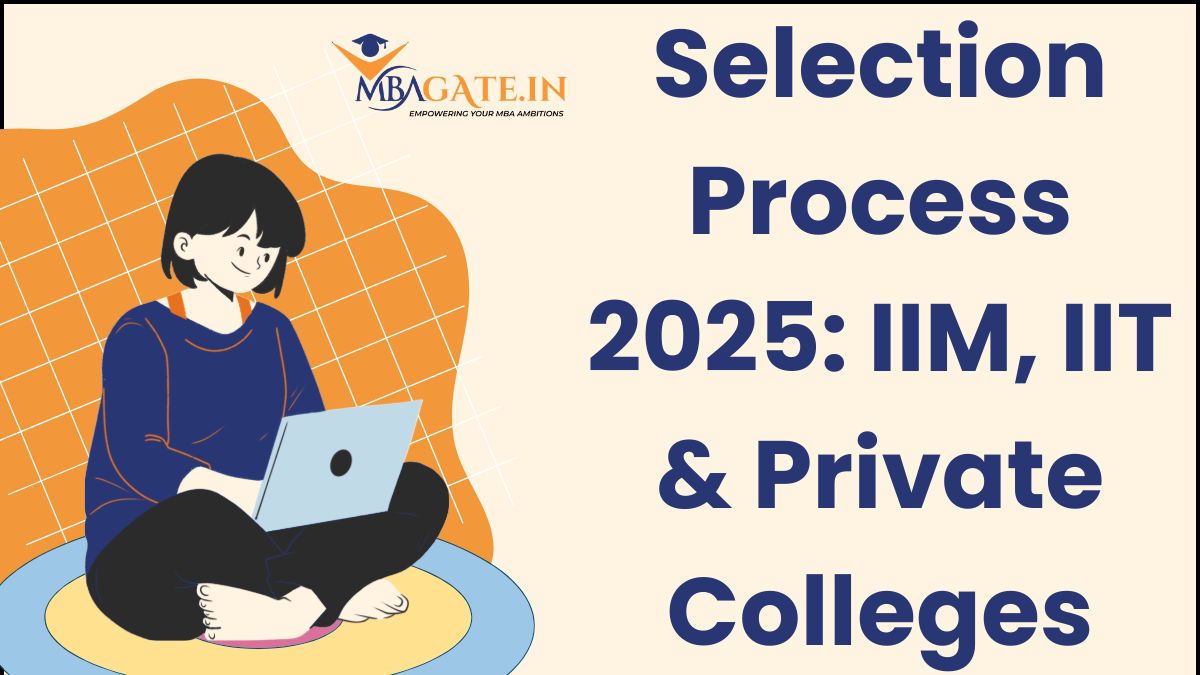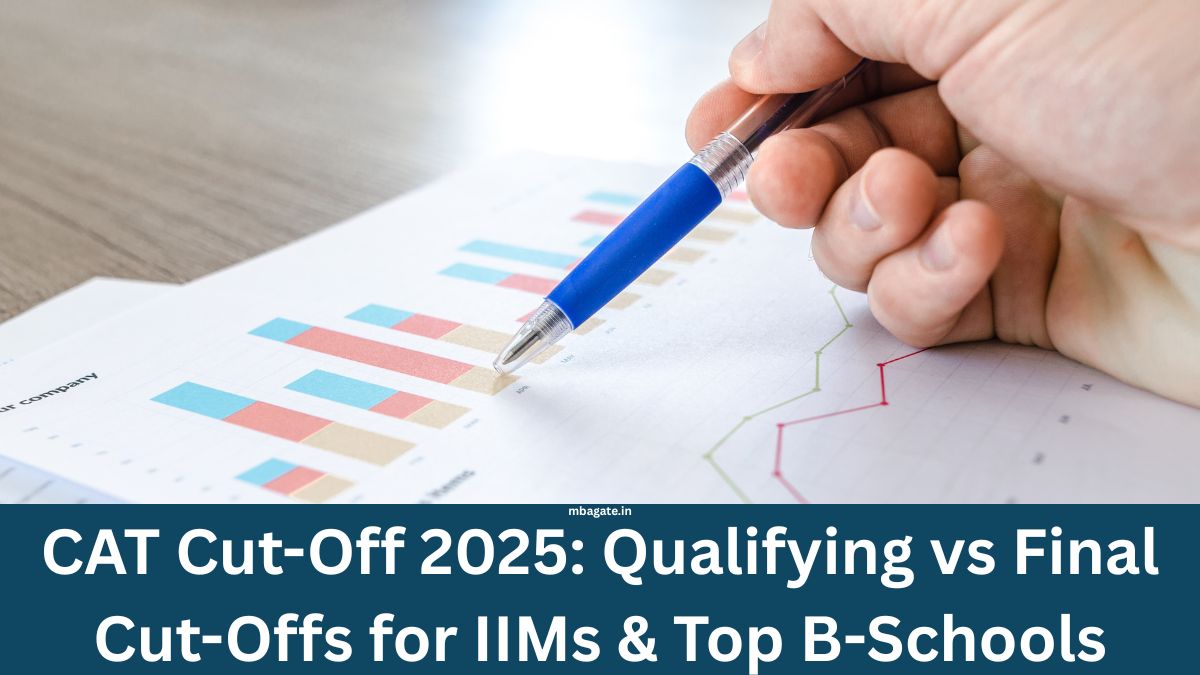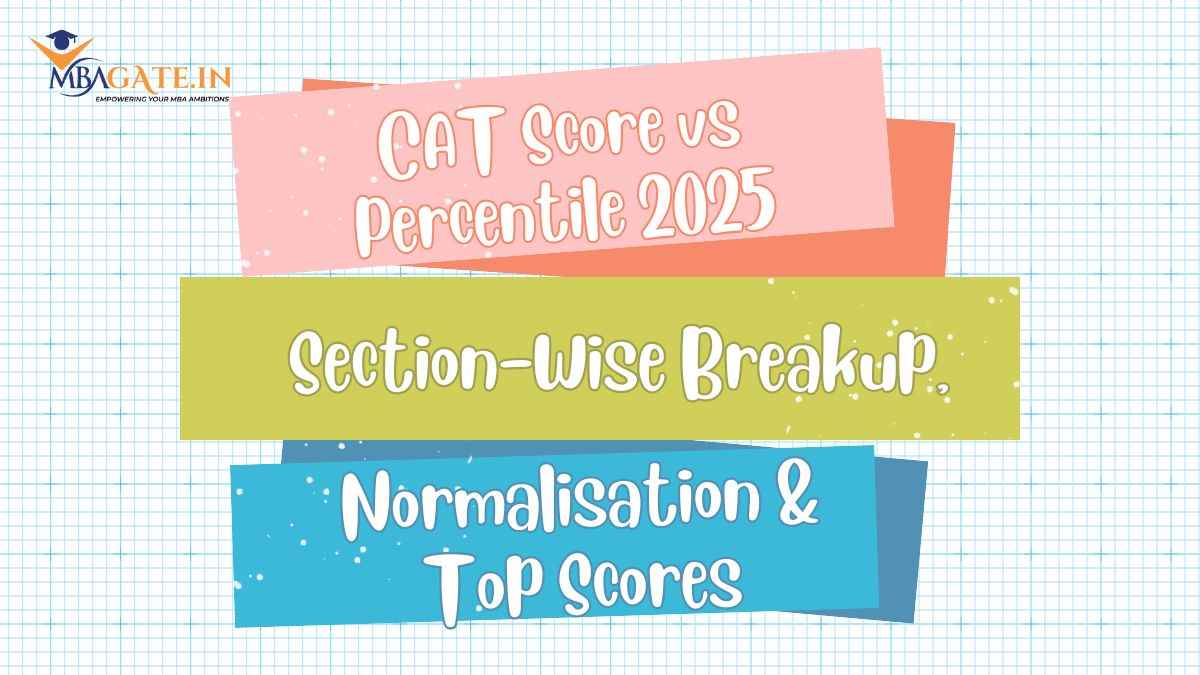Selection Process 2025: IIM, IIT & Private Colleges
Table of Content
-
- + more items Show less
IIMs Selection Process 2025
To get admission into the Indian Institutes of Management is a lengthy and competitive process. Every IIM has its own admission process so the steps and timeline might differ. For instance, certain IIMs complete their selection process within 2 months while some take up to 6 months. The reason behind this variation is that each IIM assigns different weightage to these aspects such as academics, work experience, gender or academic diversity and so on.
Therefore, aspirants have to verify each IIM's process and dates thoroughly and prepare accordingly. Knowing how selection takes place can assist students in doing well at each level.

Main Stages of the IIM Admission Process 2025
IIM Eligibility Criteria 2025 (Who Can Apply)
To apply for IIMs in 2025 the students must fulfil the eligibility requirements set by them:
The student must have a bachelor’s degree with at least 50% marks (45% for SC/ST/PwD candidates).
Students in their last year or those awaiting results may also apply.
Just taking CAT is not enough – students also need to meet each IIM’s cutoff.
Students are expected to have a good academic record especially in Class 10, 12, and graduation.
Although it is not required work experience is beneficial.
Extracurricular activities and personality traits can also help during interviews.
IIM Admission Criteria (Final Selection)
During the final selection of the candidates each IIM considers certain parameters such as candidate’s marks in class 10th & 12th, gradation, CAT exam, academic diversity, gender diversity & work experience of the candidate. Different IIMs give different weight to the following:
Class 10 Marks
Class 12 Marks
Graduation Marks
CAT Exam
WAT & PI Performance
Academic Diversity – Students from non-engineering backgrounds may get extra points.
Gender Diversity- Candidates who identify as female or transgender receive extra credit.
Work Experience – More points for longer and relevant experience.
Important Note:
Top IIMs (like Ahmedabad, Bangalore, Calcutta, Kozhikode etc) usually set lower cutoffs and focus on past academics, work experience and gender and academic diversity when shortlisting students for interviews. So even with a high CAT score, a low academic record might make it hard to get called.
However, newer IIMs (like IIM Nagpur, Amritsar, IIM Trichy, IIM Kashipur etc) often set higher CAT cutoffs when selecting students for the next rounds of the selection process such as PI and focus more on the overall profile during final selection and consider a mix of academics, work experience, WAT-PI scores, diversity and more.
Leading Indian Institutes of Management (IIMs)
Selection Procedure for IITs in 2025
Applicants must complete a multi-step admissions procedure in order to study an MBA at one of the esteemed Indian Institutes of Technology (IITs). Unlike some other B-schools each IIT has its own application procedure so students must apply to each IIT individually after taking the CAT exam. The process involves checking eligibility, appearing for CAT and then participating in further selection rounds like interviews and written tests. Here’s a detailed look at each stage of the IIT MBA admission process.
How Do Applicants Apply?
Start by taking the CAT exam.
Next apply individually to every IIT you wish to pursue your MBA from. Every IIT has its own application form and procedure.
The steps listed below outline how students who took the CAT exam can be admitted to the prestigious Indian Institutes of Technology (IITs) MBA programs:
Stage 1: Eligibility of the Candidate
You need to have a Bachelor's degree with not less than 60% marks.
Some IITs such as IIT Kharagpur and IIT Kanpur require your degree to be in Engineering, Science or Maths.
Other IITs such as IIT Delhi and IIT Bombay accept any stream graduate provided you have 60% marks.
Stage 2: CAT Entrance Exam
You need to appear for the CAT exam (Common Admission Test) to apply for MBA at any IIT.
CAT score is mandatory as IITs do not consider any other test.
Stage 3: IITs Selection Process For MBA Programs
IITs shortlist candidates primarily on the basis of three things: your CAT score, your academic record (such as Class 10, 12 and graduation percentages) and any work experience you might have.
If you are shortlisted, you'll be asked to participate in additional rounds. These typically consist of a Personal Interview (PI) and a Written Ability Test (WAT). A Group Discussion (GD) is also included by some IITs as part of the process.
The final decision of admission is taken after reviewing your performance at all these levels. This encompasses your CAT exam score, your performance in the interview and written test, academic qualifications and quality and length of work experience, if any. Different IITs may assign different weightages to these components but together they try to assess your knowledge, skill and preparedness for the MBA course in a holistic way.
IITs that Offer Management Programs
Selection Procedure for Private MBA Schools in 2025
In India, the majority of private MBA schools use a standard admissions procedure.
Phase 1: Shortlisting of candidates on the basis of entrance test scores primarily CAT.
Phase 2: Shortlisted candidates are called for the subsequent rounds, which consist of Group Discussion (GD), Written Ability Test (WAT) and Personal Interview (PI).
Stage 3: Final shortlisting is done by merging the entrance test scores and performance at GD, WAT and PI.
Along with exam marks, colleges also look at your academic background (Class 10, 12, and graduation marks), work experience, and any additional professional skills that you possess. For instance: SP Jain has established a minimum CAT cutoff percentile for shortlisting the candidates for subsequent rounds as 85. For final selection of the candidates, its primary concern is with candidates' profiles. While choosing SP Jain places greater emphasis on candidates' profiles than their CAT exam scores.
Top Private MBA Colleges
Some of the well-known private MBA colleges that follow this process include:
FAQs
The initial step is to take the CAT exam. It is compulsory for entry into all IIMs.
Shortlisting depends on your CAT score as well as your academic profile. Top IIMs place higher emphasis on academic scores whereas newer IIMs may have higher CAT cutoffs.
No, every IIM has its own weightage scheme and selection process. The process differs slightly among old, new and baby IIMs.
A graduation degree with a min. of 60% score. A few IITs such as Kanpur and Kharagpur consider only candidates from Science, Maths or Engineering streams while other IITs consider all streams.
No, you have to apply separately to each one of the IITs.
Yes. Apart from exam scores, they consider Class 10, 12, graduation marks, work experience and extracurricular accomplishments at times.









